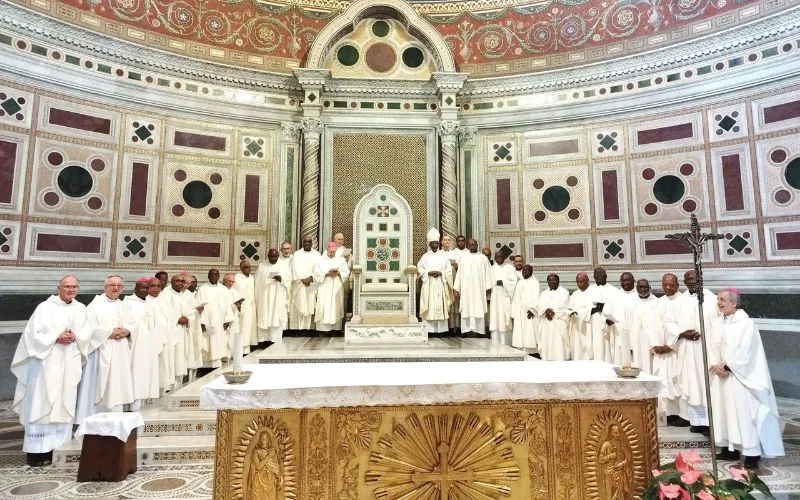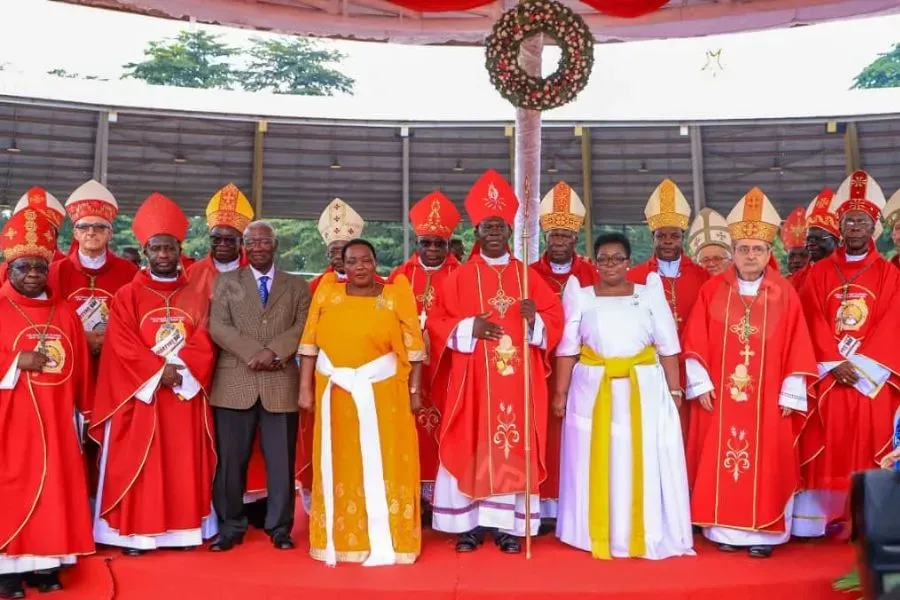Johannesburg, 27 December, 2024 / 10:45 pm (ACI Africa).
Members of the Southern African Catholic Bishops’ Conference (SACBC) are calling for the realization of a “new humanity” that they say is the reason behind the Nativity of Jesus Christ.
In their Christmas 2024 Message shared with ACI Africa on December 23, SACBC members reflect on the transformative power of Jesus Christ’s birth and its implications for humanity’s unity and dignity.
Citing St. Paul, the Catholic Bishops call upon the people to resist reverting to the “old fallen humanity” and instead embody virtues that facilitate the realization of the “new humanity.”
“As Christmas for many tends to be a time of decadence and recklessness sometimes leading to dropping of values, injury and loss of life, St. Paul warns not (to) revert back to the old fallen humanity characterized by sexual immorality, impurity, sensuality, idolatry, sorcery, enmity, strife, jealousy, fits of anger, rivalries, dissensions, divisions, envy, drunkenness, orgies, and things like these,” SACBC members warn.
St. Paul, the Catholic Bishops in Botswana, Eswatini, and South Africa say, “urges us instead to be characterized by the qualities of the ‘New humanity’ brought about by Jesus, which are love, joy, peace, patience, kindness, goodness, faithfulness, gentleness and self-control.”








